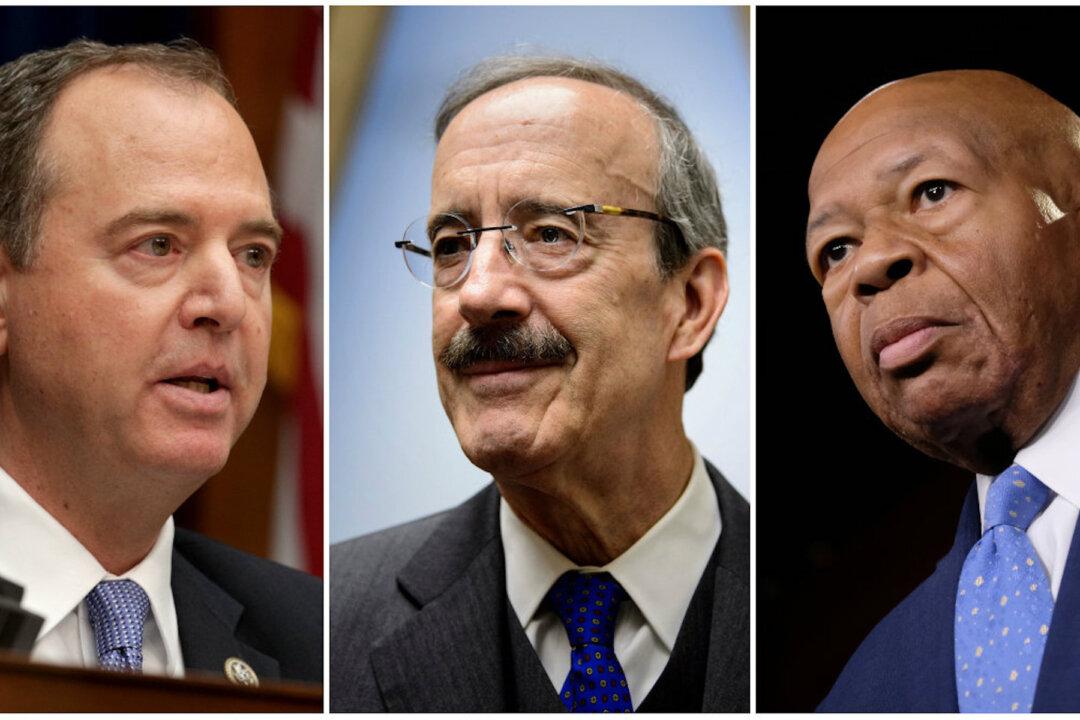House Democrats sent a warning to Trump administration officials on Oct. 11, cautioning them from preventing impeachment inquiry witnesses summoned by subpoenas from testifying to House committees.
“Any efforts by Trump Administration officials to prevent witness cooperation with the Committees will be deemed obstruction of a co-equal branch of government and an adverse inference may be drawn against the President on the underlying allegations of corruption and coverup,” House Committee Chairmen Adam Schiff (D-Calif.), Eliot Engel (D-N.Y.), and Elijah Cummings (D-Md.) said in a statement to media outlets.




